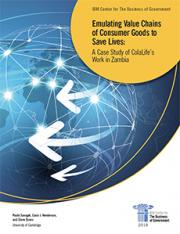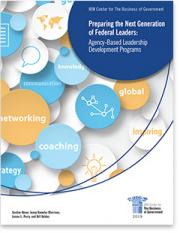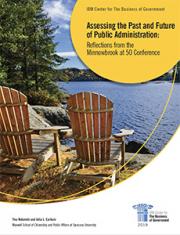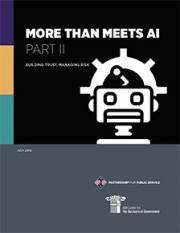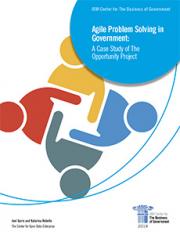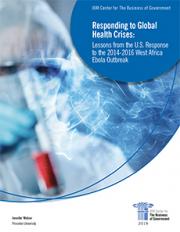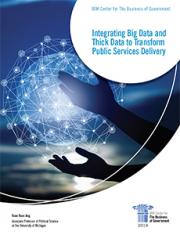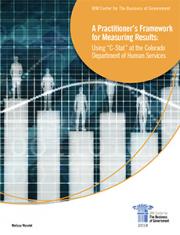
Reports
Friday, November 15, 2019
Reliable health and supply systems are identified by the World Health Organization as a key element for improving access to medicines.
Thursday, October 10, 2019
Leadership plays a critical role in successfully executing the mission of government.
Thursday, September 19, 2019
The field of public administration has contributed significant insights that have informed practice, research, and teaching for many years.
Thursday, July 25, 2019
Artificial intelligence has great potential to improve how the federal government works.
Wednesday, June 19, 2019
Across government, agencies face constant and often expanding levels of complexity in delivering on their mission objectives.
Wednesday, June 5, 2019
The Federal Financial Management community has made significant progress in improving the cost, quality, and performance of its systems.
Tuesday, April 9, 2019
In 2014, an unprecedented outbreak of Ebola virus in Liberia, Sierra Leone, and Guinea shined a spotlight on global capacity to deal effectively with a fastmoving epidemic that crossed international borders.
Thursday, March 21, 2019
This report explains how public organizations can combine big data and thick data to transform public services delivery—a strategy called mixed analytics.
Tuesday, March 5, 2019
This report is intended to help leaders of large, complex organizations learn from State-based experiences in measuring performance in pursuit of better results. It is a first-person account based on the author’s experiences over the past 10 years in several different state agencies.
Thursday, February 28, 2019
Assessing the Impact of Artificial Intelligence on the Work of Government




